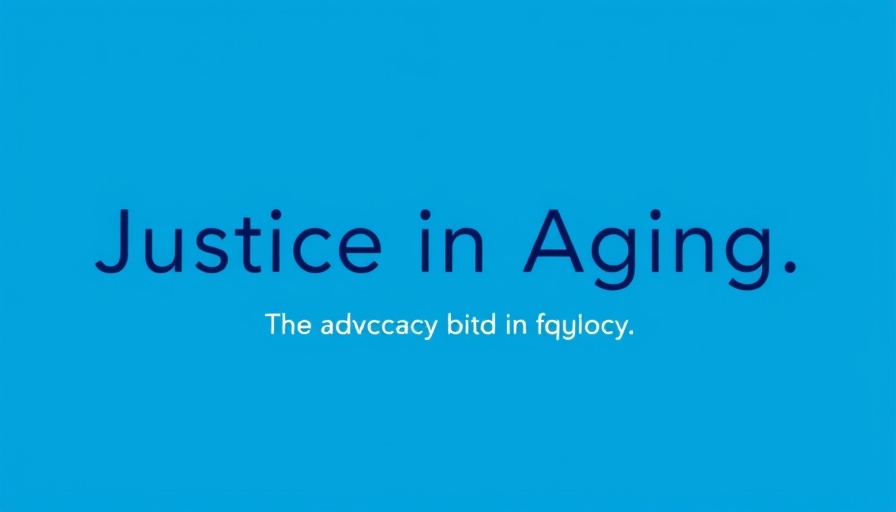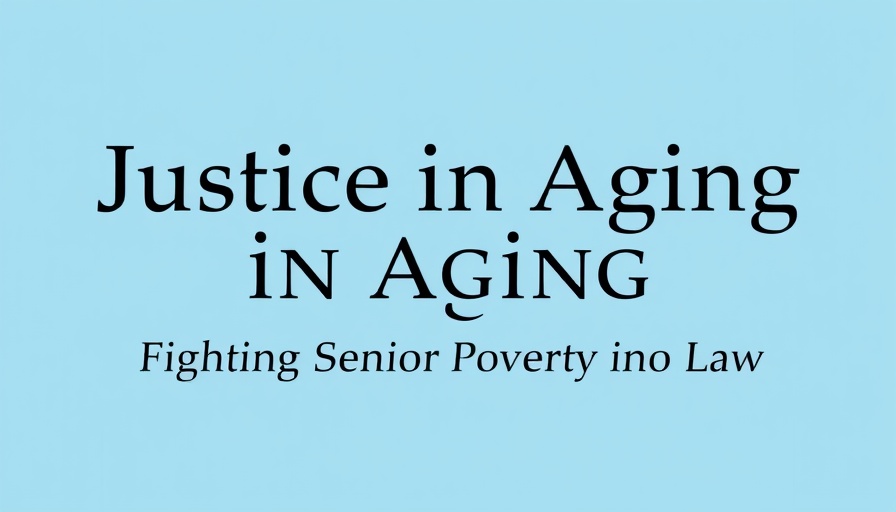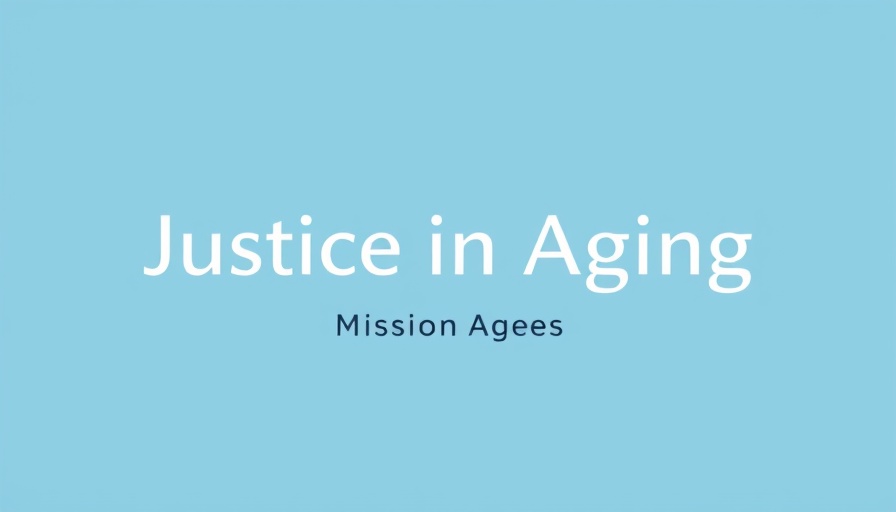
The Current Threat to Health Care and Housing for Seniors
In a significant move last week, the House of Representatives passed a controversial tax bill, known as H.R. 1 or the "One Big Beautiful Bill Act," which looks to cut over a trillion dollars from vital health care programs such as Medicaid, Medicare, and SNAP. These cuts threaten the stability of health care for approximately 14 million low-income Americans, including many older adults, caregivers, and individuals with disabilities. The legislation has now moved to the Senate, where it is under serious scrutiny and faces strong opposition.
By redirecting funds to tax cuts for the wealthiest 10% of Americans, this bill jeopardizes essential health coverage for millions. Notably, proposed changes would drastically reduce Medicare eligibility and roll back financial assistance programs that help low-income seniors afford necessary healthcare. Moreover, long-term care access would face severe constraints, with weakened staffing standards in nursing facilities, adjustment of home equity limits for Medicaid eligibility, and a reduced retroactive benefits period.
Understanding the Broader Implications
The nuances of this bill carry significant implications for those aged 50-64 who rely heavily on accessible health services. The push for increased cost-sharing, along with new requirements for work and eligibility renewals, creates a convoluted landscape that could lead to many losing their coverage, especially vulnerable populations like seniors and individuals with disabilities. Furthermore, state-level Medicaid funding is also at risk, raising concerns for home and community-based services essential for aging adults.
Fair Housing at Risk: Discrimination and Funding Cutbacks
In conjunction with the disturbing health care bill, fair housing funding is also under threat. The current administration’s budget request for the Fiscal Year 2026 suggests an alarming cut to the Fair Housing Initiatives Program (FHIP), a crucial resource that supports nonprofits combating housing discrimination. By eliminating grants for organizations that investigate complaints and educate communities about fair housing rights, the government is undermining the enforcement of fair housing laws that are especially critical for seniors facing discrimination.
Historical data reveals that over 75% of fair housing complaints are handled by FHIP organizations, many of which address issues of disability—an increasingly pressing concern for older adults. The current trajectory of funding cuts undermines the support structures that millions rely on to secure safe and fair housing.
The Ripple Effect of Cuts on Society
The potential fallout from these legislative measures extends far beyond immediate health and housing concerns. As these programs face cuts, seniors might endure increased medical debt, lack of access to comprehensive care, and unsafe living conditions. These challenges could lead to higher instances of hospitalization, ultimately straining both the healthcare system and societal resources.
What Can Advocates and Individuals Do?
Advocacy plays a critical role during this challenging period. The Justice in Aging organization is urging stakeholders to reject the harmful provisions in the tax bill and to protect Medicaid for older adults. Community members are encouraged to sign petitions and letters that voice opposition to these cuts, embracing a unified front to safeguard the health and housing rights of seniors.
Further, it is vital to stay informed about these changes and the latest developments surrounding this legislation. Whether through joining advocacy groups, attending town hall meetings, or leveraging social media platforms to bring attention to these issues, individuals can exert influence in the political landscape that significantly impacts their lives.
A Call to Action for Our Seniors
The time to act is now. As these major legislative changes loom, the risk to health care and housing for millions of seniors demands immediate attention. By joining advocacy efforts, signing petitions, and staying informed, individuals can make a difference in protecting essential services that allow seniors to live full, dignified lives.
 Add Row
Add Row  Add
Add 




 Add Row
Add Row  Add
Add 

Write A Comment